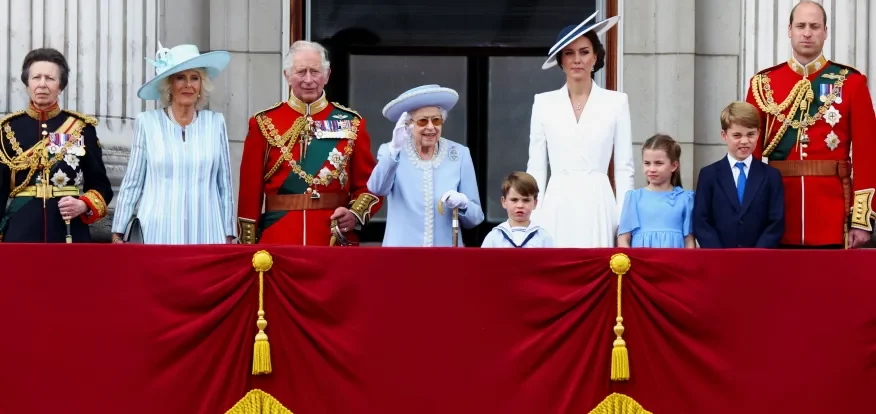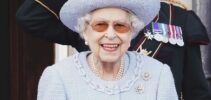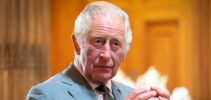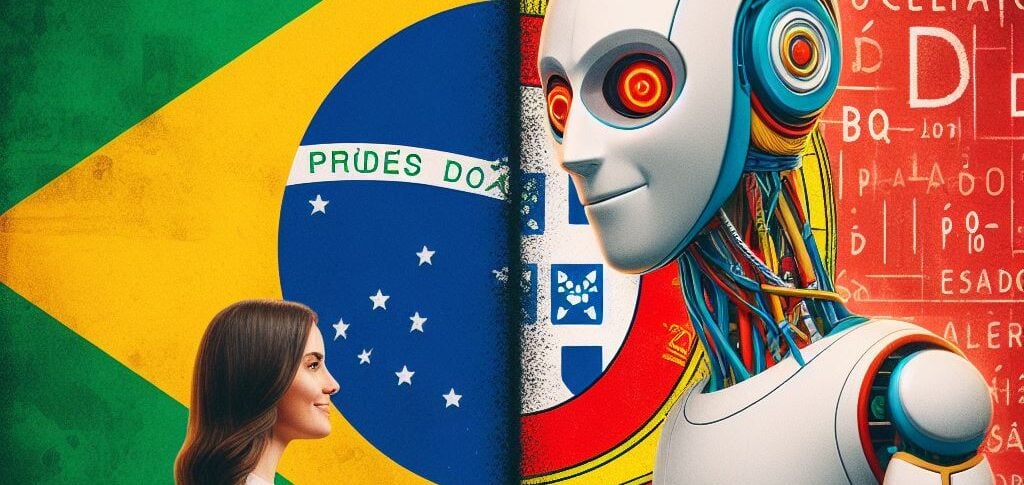There are few countries in the world today where kings or queens rule. And none of them are as strong in the collective imagination as the British monarchy. And no wonder: the last queen of the United Kingdom, Elizabeth II – who died last Thursday (8) – was the longest-serving monarch of a nation. It took 70 years, almost 2/3 of a century.
ADVERTISING
How do the Windsors survive the test of time?
Even with the removal of kings and queens over time, and the replacement of monarchical regimes by representative democracies, the United Kingdom remains firm, governed by the Windsor dynasty – although sovereigns no longer dictate political and economic directions in Great Britain. , since parliamentarism was implemented.
In the parliamentary regime, the prime minister – and not the king or queen – represents the will of the people and decides the path of the nation.
Royalty is not just accepted; she is admired in England and other countries that make up the United Kingdom.
ADVERTISING
In a survey carried out on the occasion of the late Queen Elizabeth II's platinum jubilee, 62% of Brits said they were in favor of the monarchy and only 22% against.
Royal affairs commentator Sarah Gristwood published a article in 2016 weaving theories about this phenomenon in the United Kingdom. Are they:
- Elizabeth II and her family are living histories of the United Kingdom's tradition and
- The Windsors managed to develop an ability to adapt to the times.
The second hypothesis is the most accepted by experts on the subject: the Windsors have always managed to maintain their popularity among young people. Just rescue some examples of when members of the Royal Family were “modern”:
ADVERTISING
- Queen Elizabeth II on Twitter in 2014.
- Playing with grandson Harry and the Obama family.
- Queen at the London Olympic Games in 2012.
Another survey, carried out recently by Ipsos MORI institute pointed out that for 86% of Brits say the UK should remain a monarchy.
However, in other nations that make up the United Kingdom, such as Ireland and Scotland, there were those who celebrated the death of Elizabeth II. Therefore, not all of the queen's subjects are happy to live under a monarchy, even if it is only theatrical.
In 1917, the British royal family was known as Saxe-Coburg and Gotha, but they changed the name due to criticism and the royal connection with the Germans, since then they have been Windsor.
ADVERTISING
The secret of success
Much of the acceptance – and why not say adoration – of the monarchy by British subjects is due to the strong and at the same time serene image that Elizabeth II created over 70 years. There were many crises, wars (including World War II, when she was still a princess), economic depressions and diplomatic tensions. But Elizabeth was always there.
In 1942, while still Princess Elizabeth, she participated in her first public engagement in the middle of the war: she inspected an infantry regiment of the British Army and became “honorary colonel” of the troop, as reported by BBC Brazil.
Earlier, in October 1940, during the worst wave of German bombings against Britain, Elizabeth made her first public radio address, addressed to British children who had been sent to North America to escape the war. The message gained the sympathy of the American public in favor of the country's entry into the Second World War.
ADVERTISING
What is the role of a queen (or king) who does not decide political directions?
The queen (or king) is responsible for listening, advising and also giving directions to the Prime Minister of the United Kingdom. “This clear definition of roles meant that Elizabeth II remained in harmony with this system of government”, explained researcher and expert on British Royalty, Renato de Almeida Vieira, heard by CNN Brasil.
Did you know that Queen Elizabeth II was the first queen to be crowned, live, on television?
Even in recent decades, with Lady Di, royalty broke some protocols to “bring closer” the sovereigns to the royal family. On Diana's death, Elizabeth II listened to her subjects and gave a Royal funeral for her former daughter-in-law, who no longer had any ties to the royal family since her separation from Charles. These and other “delicacies” of the English sovereign helped to consolidate the British monarchy in the hearts of its subjects.
The researcher of modern British history, Andrew Thompson, from the University of Cambridge, states that “it is an attempt by the monarchy to not appear to be such a rigid structure and prepare it for the 21st century”.





